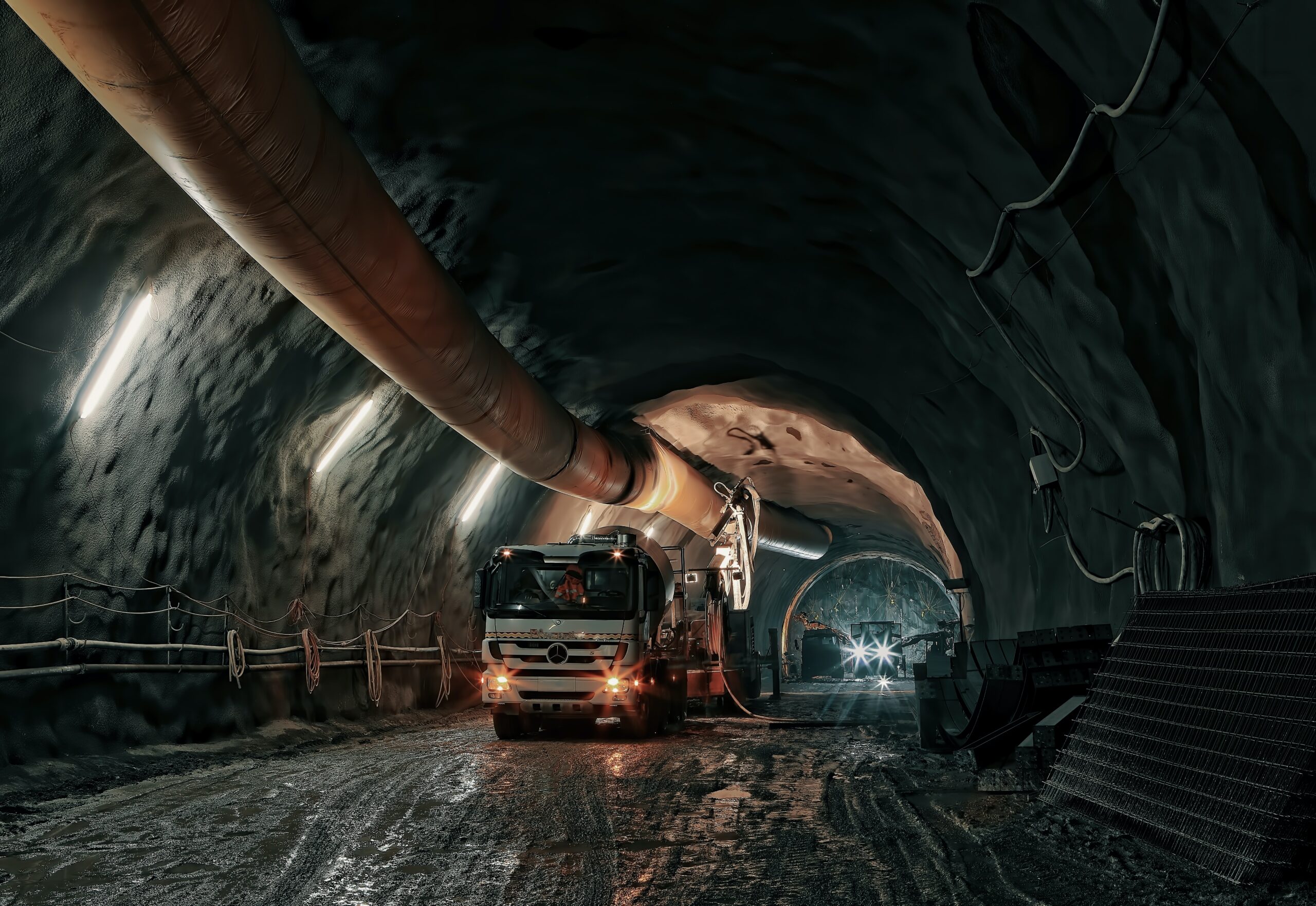11 March 2021
Capital Projects: the Cumbrian coal mine
A response.
By Paul Branch
 Last week’s Shaw Sheet contained a letter from Mr Peter Wilson commenting on a previous article in which I described the opening of a new coal mine in Cumbria as illogical in the face of the push for greener energy sources. I am grateful to Mr Wilson for taking the time to provide an informative commentary, in which he concludes that the new mine yielding locally dug coal to support our steel industry would create far less carbon dioxide emissions than buying and transporting steel from China or Russia. And it would provide much needed employment.
Last week’s Shaw Sheet contained a letter from Mr Peter Wilson commenting on a previous article in which I described the opening of a new coal mine in Cumbria as illogical in the face of the push for greener energy sources. I am grateful to Mr Wilson for taking the time to provide an informative commentary, in which he concludes that the new mine yielding locally dug coal to support our steel industry would create far less carbon dioxide emissions than buying and transporting steel from China or Russia. And it would provide much needed employment.
All valid points and I’m certain Mr Wilson has far greater knowledge than I do of the trade-offs in emissions between locally sourced coal and internationally transported steel. If it were an existing mine I can see why it should stay until such time as we had developed the wherewithal to replace it. There’s no great logic in turning off one energy tap until there’s a greener tap to turn on.
In order to mitigate the current situation, there are sources of steel much closer to home. One of the world’s largest producers, ArcelorMittal, has plants in Germany, Spain and Turkey, so a bit closer than Wuhan in terms of CO2 emitting miles.
In the longer term, the International Maritime Organization (a UN agency based in London) has developed plans for the world’s merchant fleets to eventually reduce their carbon emissions significantly by using new fuel sources (hydrogen, electricity, biofuels, with hybrid generation in the shorter term), so again the emission numbers recede, but this of course takes time.
The steel industry is experimenting with and prototyping new production methods which do not need coal and so do not generate greenhouse gases (steel production accounts for some 5% of the earth’s gas emissions). As a by-product of NASA’s planned moon missions, there is a method of molten oxide electrolysis which could produce cost-effective steel even in smaller quantities with the only emission being oxygen. The next five years of so should determine whether the concept can be turned into a practical solution to a coal-free steel industry.
There is hope for the future with new technology. Carrying on doing what we do today does not seem the best way to minimise global warming. There will always be a justifiable reason to allow just one more little fossil fuel project to help alleviate a shorter term problem, rather than take a major decision to focus on new technology (and the jobs that go with it) and stick with it. The current targets set by the UN are already suffering from member states backsliding on what were supposed to be firm commitments, and opening up new coal mines is unlikely to encourage a change of mind set and attitude in our politicians. Mr Wilson has no doubts about the sincerity of my green urgings, although he does not regard me as a true environmentalist. So be it. But I do care about the state of the planet which will be passed on to my grandchildren and hopefully beyond, and I don’t think that business as usual is any way to help them manage the future.


